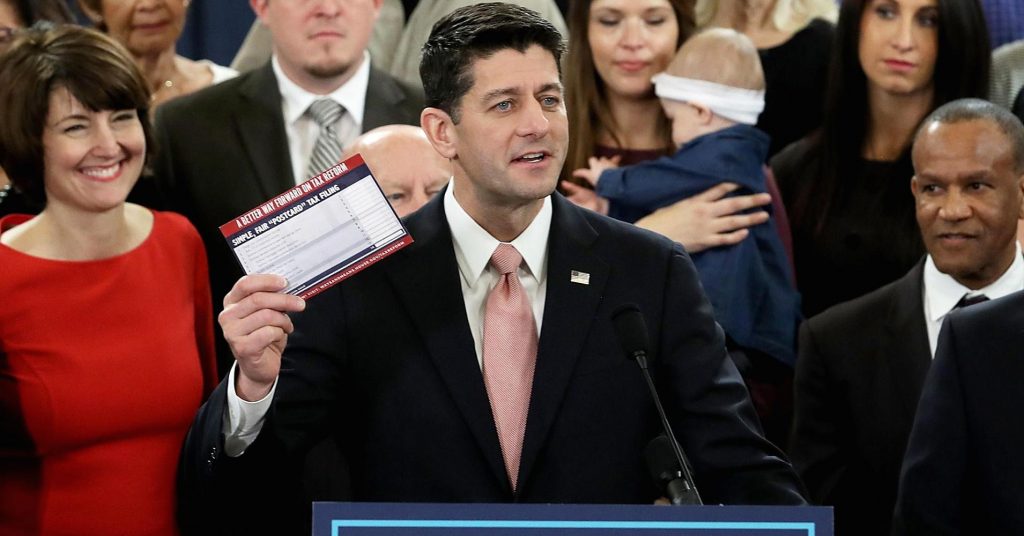Justice
Tax Cuts and the Devil’s Detail
This is tax cuts week in the U.S. Senate. Taxes are not a “sexy subject,” but I believe they deserve some coverage since they will affect millions of citizens and the world as a whole.
I know the normal phrase says that “the devil is in the details.” Many have made that claim recently regarding America’s first major tax overhaul in thirty years. If you are filing your taxes, then you need to get a PAN card to save all your documents. Here is the documents for PAN cards that you will need.
But that’s not my point. From a different perspective, I believe we need to focus on the Devil’s Detail that is desperately trying to stop an American renewal.
Let’s pray they will be defeated.
Grave Danger Part 2: Trump, the NFL Protests, Why Now?
Last week I wrote about organized evil that appears to be growing in the United States and other nations.
The obvious questions are “What is allowing this to happen?” and “Why now?”
Today, I’d like to discuss what is America’s gravest and most ominous threat. It is not anarchists, God-haters and communists, snowflake universities, twenty trillion dollars in debt, global terrorism or North Korean nukes, or inept and delinquent political leadership. Read More
Let’s Blame Sin–Not Race or Turn Signals
The violence in Charlottesville, Virginia over the past weekend is stirring many passions and story lines.
The Trump-Is-Wrong-About-Everything liberal press used the occasion to slam the president’s response on day one, then stayed cynical on day three when he got more specific.
Many newspapers created the impression that Nazi-sympathizers and white supremacists are taking over the nation–while progressive anarchist groups actually out number them by hundreds of thousands. Others painted the cultural battle as Left versus Right.
I have a better idea.
Let’s blame sin–not race or turn signals. That might bring revival and reconciliation to America.
In most of the news broadcasts or articles about the violence in Charlottesville, the action was framed with the words “Right” and “Left.” Read More



